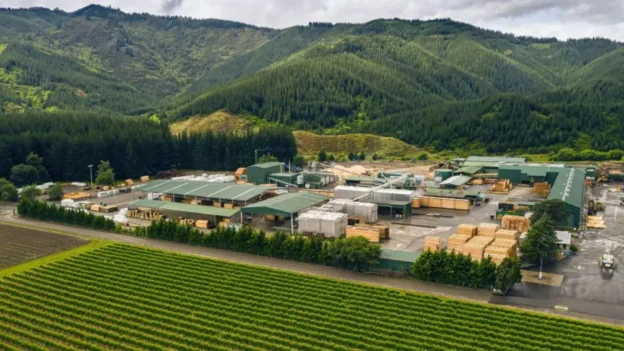OneFortyOne and HAMR Energy have formalized a strategic collaboration through a memorandum of understanding with the aim of converting forest residues, specifically wood waste, into renewable methanol, mainly for sectors such as aviation and shipping.
The strategy of converting forestry residues into biofuels
The two companies will work together to ensure the sustainable supply of sustainable supply of biomass to fuel the to fuel the Portland Renewable Fuels Project(PRF), developed by HAMR Energy in Victoria, Australia. This project aims to produce up to 300,000 tons of renewable methanol per year using wood waste and green hydrogen.
This collaboration aligns with the Australian government’s“Cleaner Fuels Program,” which recently announced a $1.1 billion investment to encourage the production and use of low-carbon fuels.
The company will contribute biomass from its operations in Australia’s Green Triangle and will also evaluate the applicability of the model in New Zealand, where it operates in the Nelson and Marlborough regions. The focus will be on developing efficient logistics chains, establishing optimal quality criteria for biomass and laying the groundwork for durable supply agreements.
The renewable methanol produced by HAMR will serve as an alternative for maritime and air transport, sectors that have historically been difficult to decarbonize due to their high energy requirements. This breakthrough will reduce the so-called Scope 3 emissions, those indirectly related to a company’s value chain.
The forest waste conversion opportunity at Glencore Nursery. Source: OneFortyOne
Source and photo: OneFortyOne

